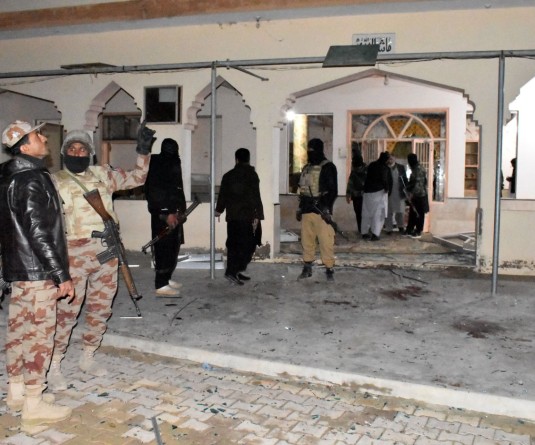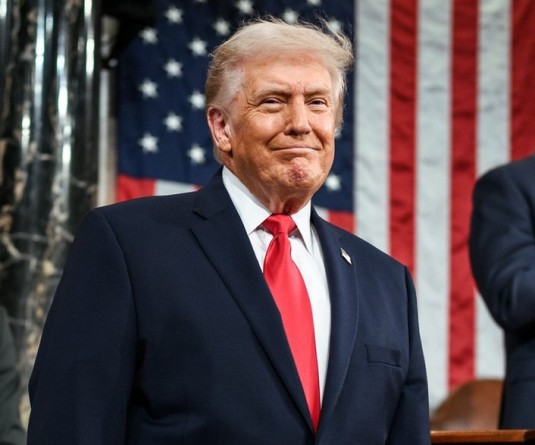French lawyer Laurent Bayon, who defends Rwandan genocide suspect Felicien Kabuga, leaves the courtroom after the initial extradition hearing for Felicien Kabuga at the Paris courthouse, France, May 20, 2020. (REUTERS File Photo)
PARIS, September 30 (Reuters): Rwandan genocide suspect Felicien Kabuga can be handed over to a United Nations tribunal in Tanzania, France's top civil court ruled on Wednesday, rejecting his lawyers' arguments that he should face justice in France.
U.N. prosecutors accuse the former tea and coffee tycoon of bankrolling and importing huge numbers of machetes for ethnic Hutu militias who killed hundreds of thousands of Tutsis and moderate Hutus in Rwanda during a 100-day period in 1994.
The 87-year-old's arrest in Paris in May ended a manhunt lasting more than two decades.
Kabuga has denounced the charges, including genocide and incitement to commit genocide, as "lies".
In a statement, France's Cour de Cassation said it "considers that the investigating chamber was able to consider correctly that there was no legal or medical obstacle to the execution of the arrest warrant transfer order to the United Nations detention centre in Arusha, Tanzania."
In their submission, his lawyers argued that Kabuga's health was too frail for him to be transferred to Tanzania, particularly during a dangerous pandemic.
They also argued that French law violated the constitution by failing to provide for a thorough examination of international arrest warrants.
The Cour de Cassation's ruling upholds one by a lower court on June 3 that Kabuga be extradited, ruling that his health was not "incompatible" with a transfer to a U.N. tribunal.






